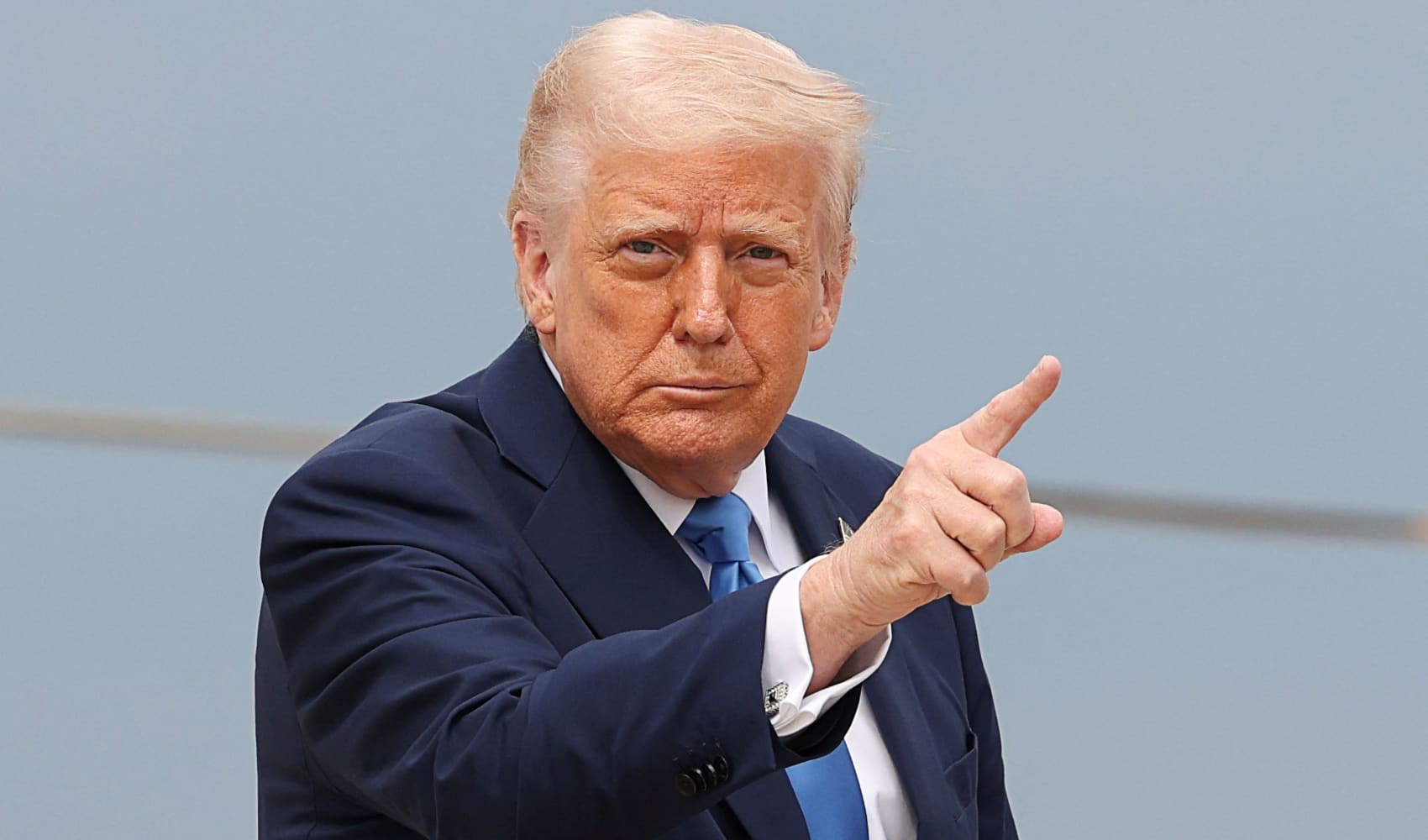A new step in Philadelphia’s fight against the opioid epidemic involves helping set up “safe injection sites” where drug users can use narcotics near the care of trained staff. The city’s plan is among the first of its kind in the U.S. NBC10’s George Spencer has the story.
Philadelphia is looking to establish supervised drug injection sites as the opioid epidemic cements its place as the deadliest public health crisis in the city's modern history.
City officials announced Tuesday afternoon they would encourage the development of addiction engagement sites that, among providing other services, would oversee medically-supervised drug consumption.
Often known as safe-injection sites, the centers are staffed with medical professionals who can immediately respond to an overdose. They also provide critical access to addiction rehabilitation services and clean medical supplies like needles.
Dr. Thomas Farley, the city health commissioner, said the core purpose of the sites would be interfacing with drug users and offering addiction treatment services.
“These sites serve as sites to bring people into drug treatment," he said. "We don't see this as simply a site for supervised injection."
Potential locations, a framework for overseeing the program and a timeline for when sites may open are not yet clear. Funding and the program's cost are also unknown. Farley said the city is looking for private and nonprofit entities to offer proposals.
"Part of what we're doing here today is publicizing this interest in the hopes that there are funders who will appear who care about saving lives and see this as an opportunity to do so," he said.
U.S. & World
Stories that affect your life across the U.S. and around the world.
Philadelphia, which saw more than 1,200 overdose deaths in 2017 fueled by the opioid crisis, could become the first U.S. city to create such a program — though other municipalities have floated similar proposals. Seattle, Washington, is in the planning stages of creating a site.
Vancouver, Canada, has operated two sites for more than ten years. Late last year, a delegation of city officials visited both Vancouver and Seattle to learn more about their programs and get guidance on creating such a site.
Within hours of being announced, the proposal already received a sharp rebuke from Pennsylvania's attorney general.
"There is no safe way to inject heroin, fentanyl and carfentanyl. These are dangerous drugs with devastating consequences," Pa. AG Josh Shapiro said in a statement.
Shapiro added that such a program isn't "an effective path to treatment."
Tuesday's decision makes good on a recommendation put forth last year by The Mayor's Task Force to Combat the Opioid Epidemic. Establishing safe-injection sites was one of 18 prevention action items included in the group's final report.

Harm reduction advocates have long called for the the creation of such sites which could reduce the spread of disease.
A health department report estimates one site that sees around 2,000 people a year could prevent 24 to 76 overdose deaths. As many as 18 HIV infections and 213 Hepatitis C infections could be stopped as well, the report said.
Philadelphia's decades-old needle exchange program, operated through the Kensington-based nonprofit Prevention Point Philadelphia, helped reduce the HIV rate during the height of the AIDS crisis to 5 percent.
Still, such centers create legal gray areas and are sure to be sources of ire for communities where open-air drug use is rampant.
The city's three top public safety officials — new Philly DA Larry Krasner, police commissioner Richard Ross, and fire commissioner Adam Theil — all were quick to say they're unsure how such sites would affect their departments.
Ross, once vehemently opposed to the concept, said he thawed somewhat to the idea after speaking with his counterpart in Vancouver.
“I have a lot of questions, what would our role being, what does that look like, what should our officers do," he said. Theil echoed similar thoughts.
Krasner, who voiced his support for supervised injection sites during his run for office, said his office would do all it could to ensure "idealistic medical students don't get busted for saving lives."
"Sometimes you can commit a minor violation in the interest of preventing a greater harm," Krasner said.
While Philly may be supportive of such a site, those who run and participate in the program may not be clear of legal complications.
Federal law will still apply and the Trump Administration has shown a willingness to turn back toward a "war on drugs" strategy. A few weeks ago, U.S. Attorney General Jeff Sessions rolled back an Obama Administration policy telling prosecutors to avoid enforcing marijuana laws in states that have legalized the drug.
City officials said they would be helpless in attempting to stop federal agents from raiding a location, seizing the property, and arresting all connected with it.
But, Brian Abernathy, Philadelphia's first deputy managing director, says he hopes the feds direct their efforts elsewhere.
"We’re confident and hopeful that the federal government has more imporant things to do than to not save people's lives," he said.



